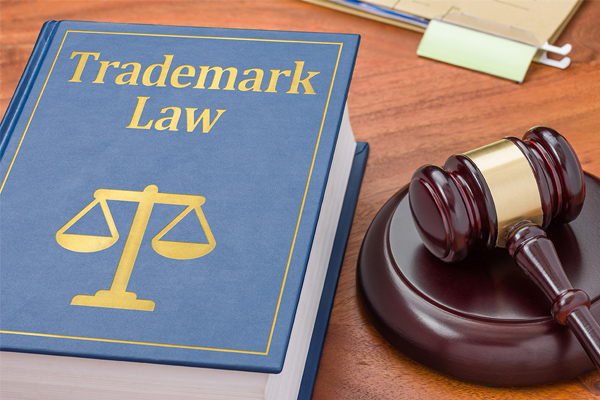Role of a Trade Mark Attorney
A Trademark Attorney is a legal professional who specializes in the field of intellectual property law, particularly the area that deals with trademarks brand names, logos, symbols, or slogans that distinguish one’s goods or services from others. Their primary role is to help individuals and businesses protect and enforce their brand identity.
One of the main responsibilities of a trademark attorney is to advise clients on the selection and use of trademarks to ensure that the mark is unique and does not infringe on existing rights. They also conduct trademark searches to verify the availability of a proposed mark before applying for registration. Once a suitable mark is identified, the attorney prepares and files the application with the appropriate trademark office in India, this is the Office of the Controller General of Patents, Designs and Trade Marks.
Beyond registration, a trademark attorney handles examination reports, objections, and oppositions that may arise during the registration process. They represent clients before the Registrar or High Court in case of disputes. They are also responsible for enforcing trademark rights, which may include issuing cease-and-desist notices or initiating infringement proceedings in Court.
In addition, trademark attorneys manage trademark portfolios for clients who own multiple marks, ensuring timely renewals, assignments, and licensing.


